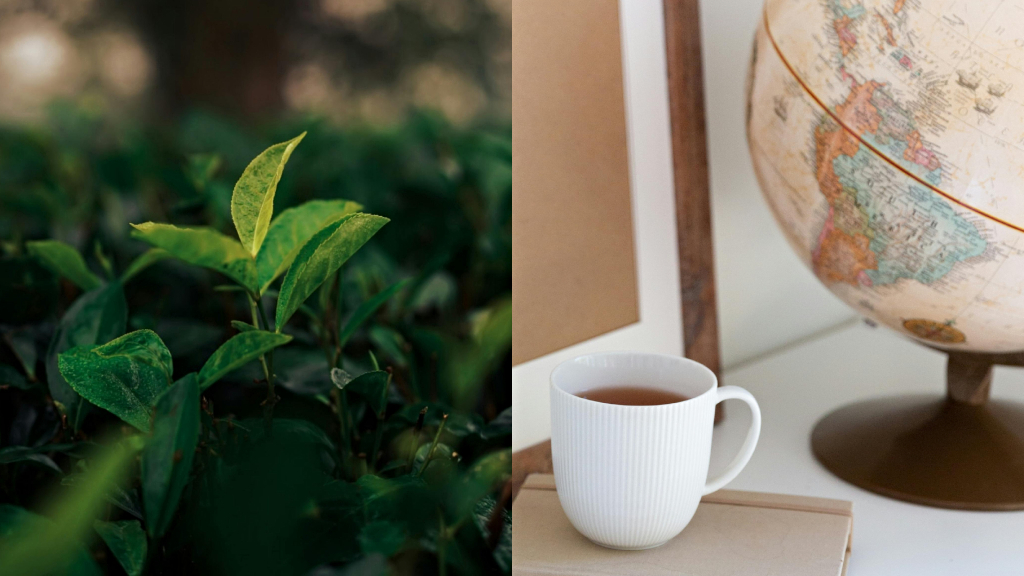In the course of human history, few commodities have woven as intricate a narrative as the humble tea. Its journey from a garden in ancient China to the cups of billions today — while playing a key role in cultural rituals, economic engines and even geopolitical negotiations — underscores its profound but often overlooked impact.
Into the pot
- Intrigued by the aroma, Shennong took a sip and found the resulting brew refreshing and revitalizing. To many, this serendipitous moment in 2737 B.C. marked the birth of tea and its use as a medicinal concoction.
- Tea also served as a meditative elixir among Buddhist monks. Seeking a way to stay awake during long hours of meditation, they found that tea offered both alertness and a sense of calm. This not only enhanced their meditation but also laid the foundation for the role of tea in Zen philosophy.
- Elaborate tea ceremonies evolved in China and eventually reached Japan. These events highlighted the value of tea not only as a beverage for drinking, but also for being present in the moment to appreciate the beauty of life.
Around the globe
- In the 8th century Tang Dynasty, tea rose to prominence in China. It was during this time that Lu Yu, a renowned tea master, penned the “Classic of Tea” (“Cha Jing”), an encyclopedia that compiled information about tea in China. This literature of knowledge elevated tea to an art form and solidified its place in Chinese…
Read the full article here





